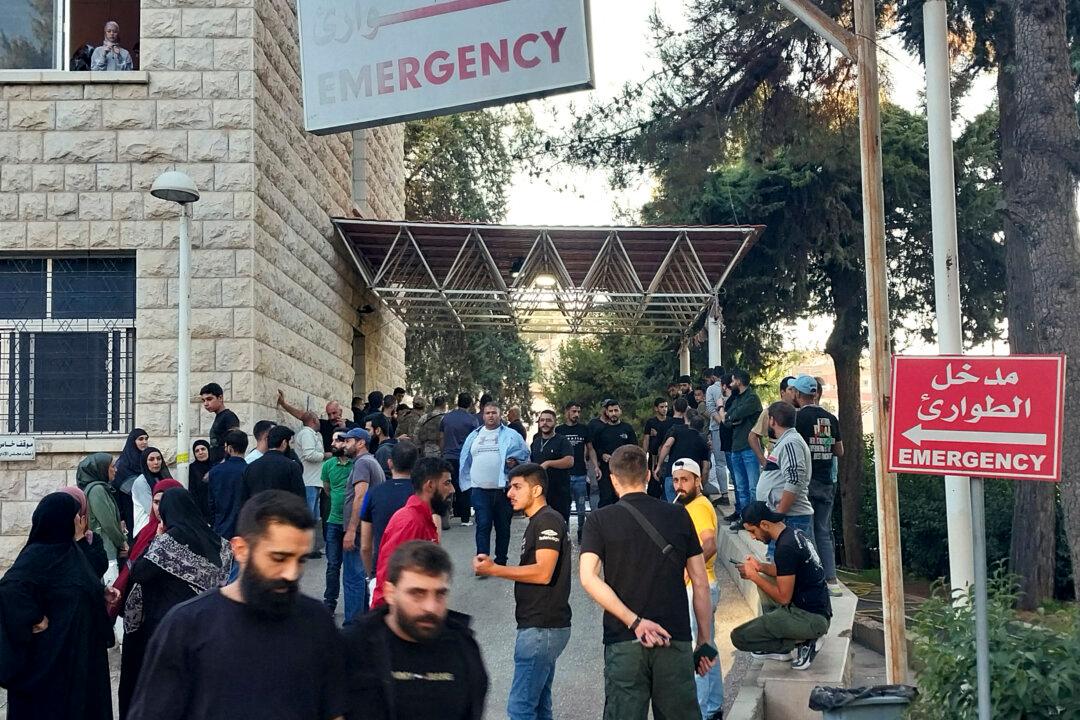Two waves of device explosions in Lebanon over consecutive days have led to fears of an escalation to war in the Middle East.
In Cairo, U.S. Secretary of State Antony Blinken expressed his frustration that the detonations of thousands of Hezbollah members’ pagers would derail efforts to broker a cease-fire between Israel and the Hamas terrorist group in Gaza.





